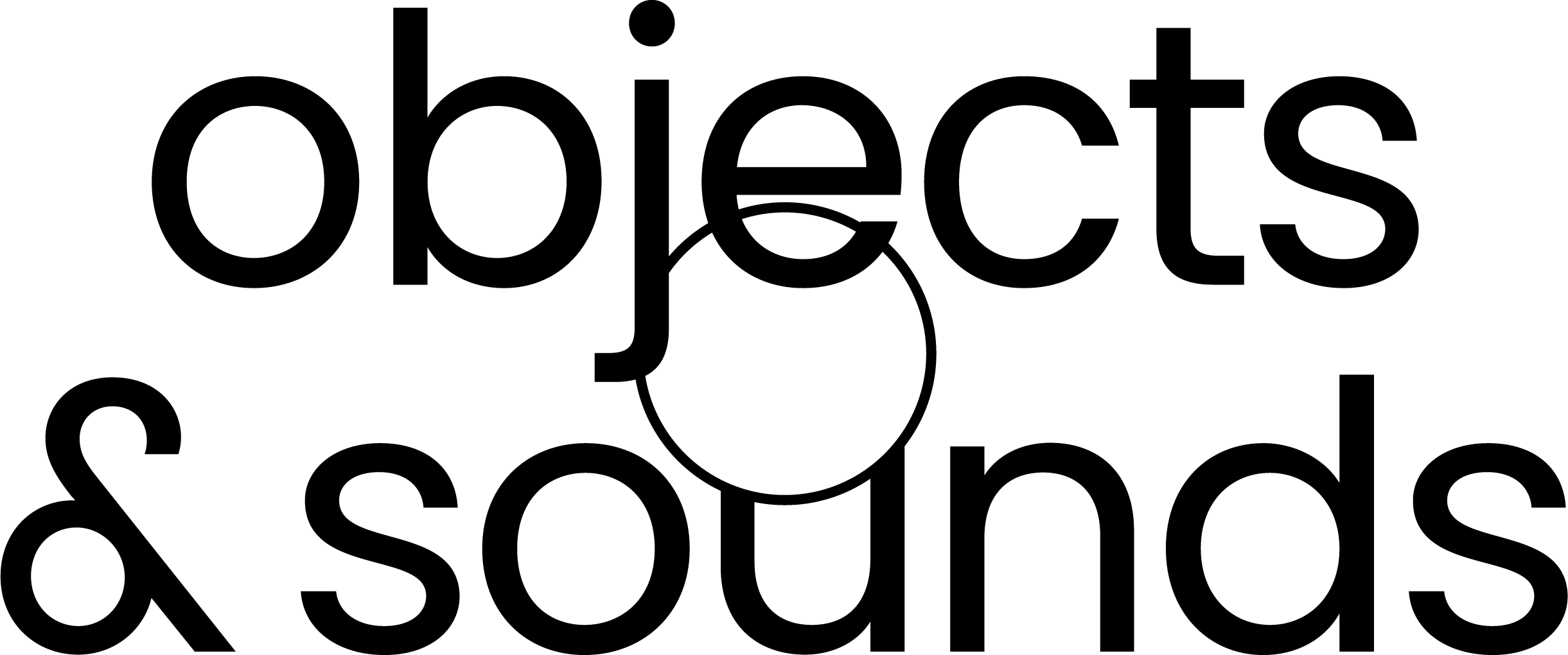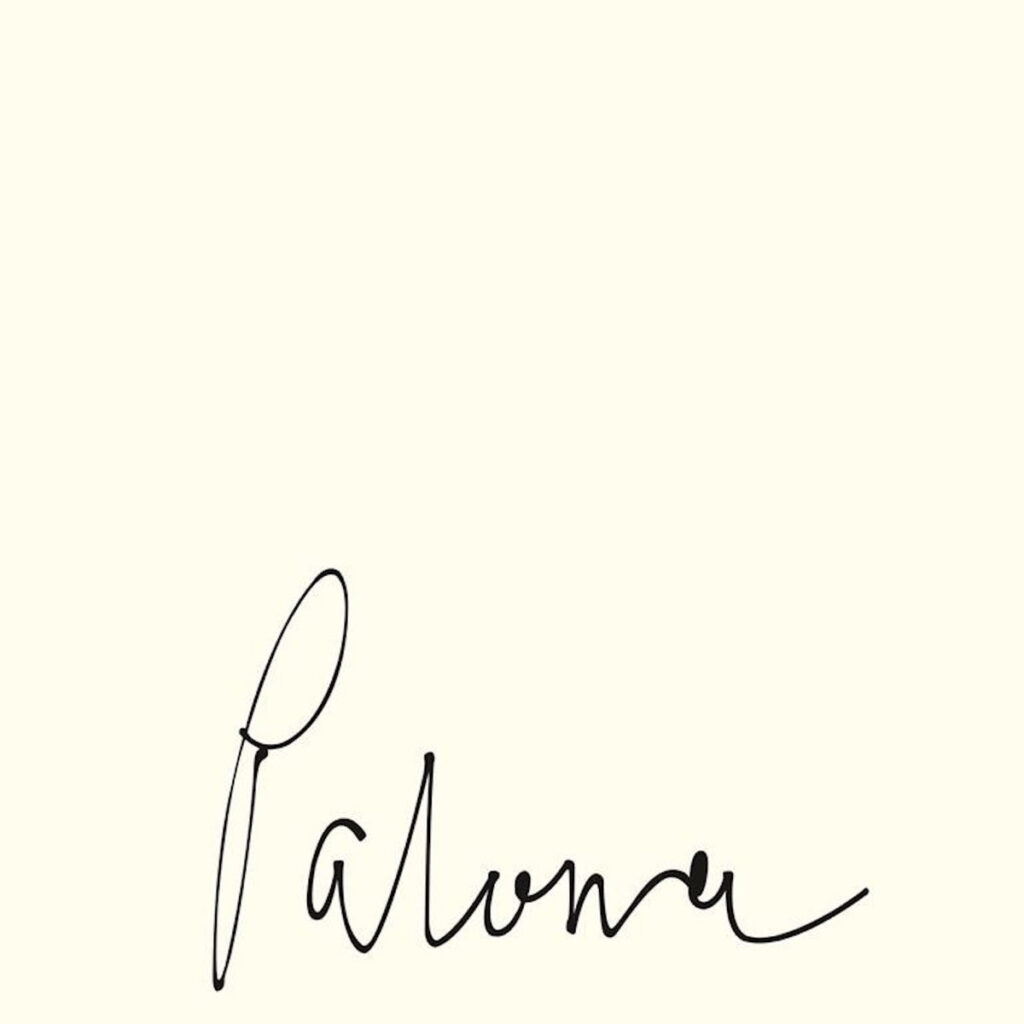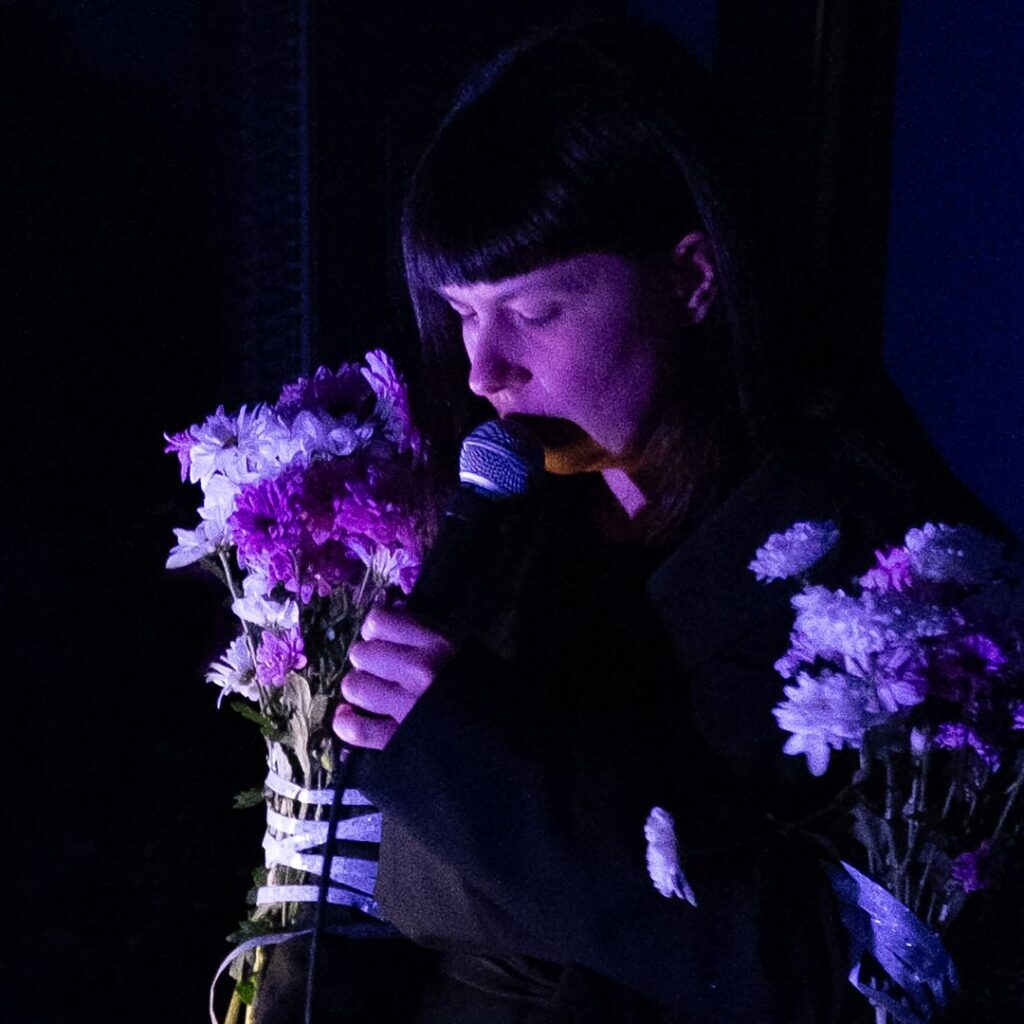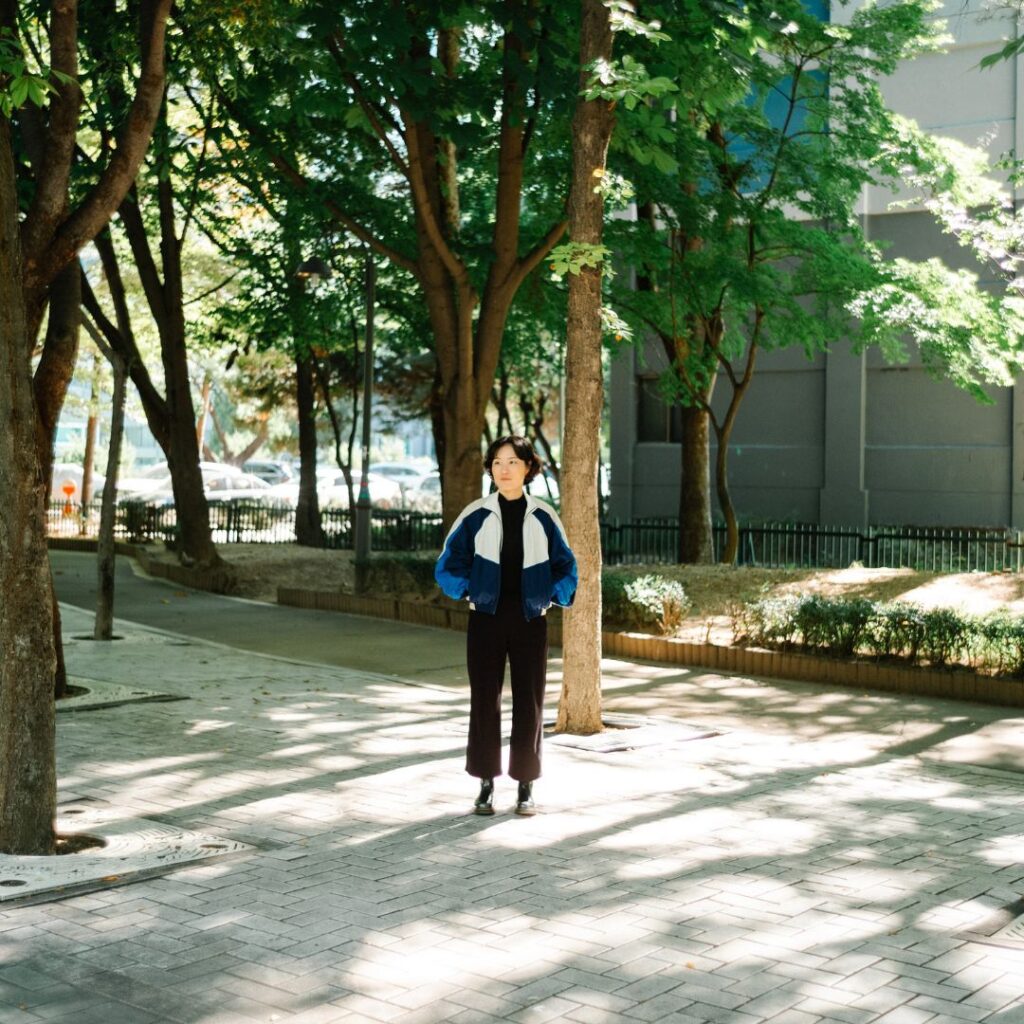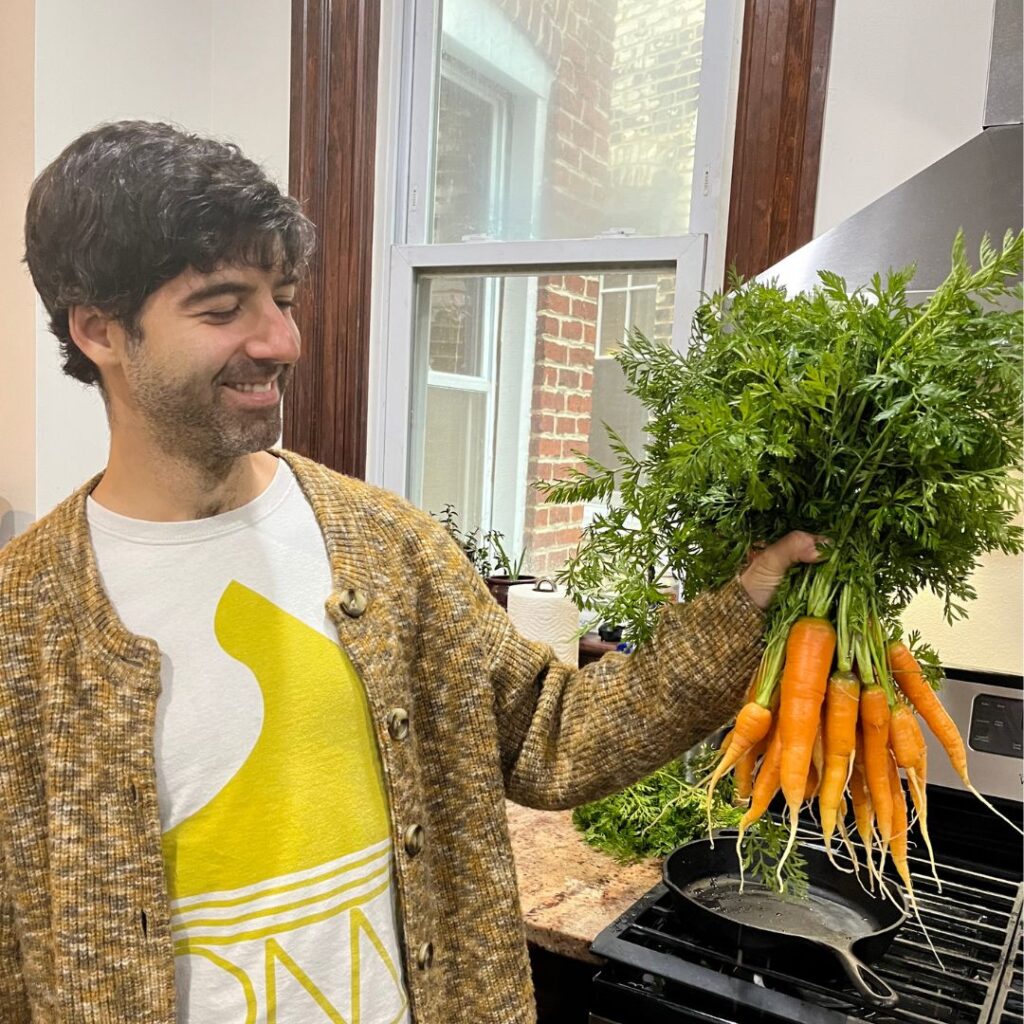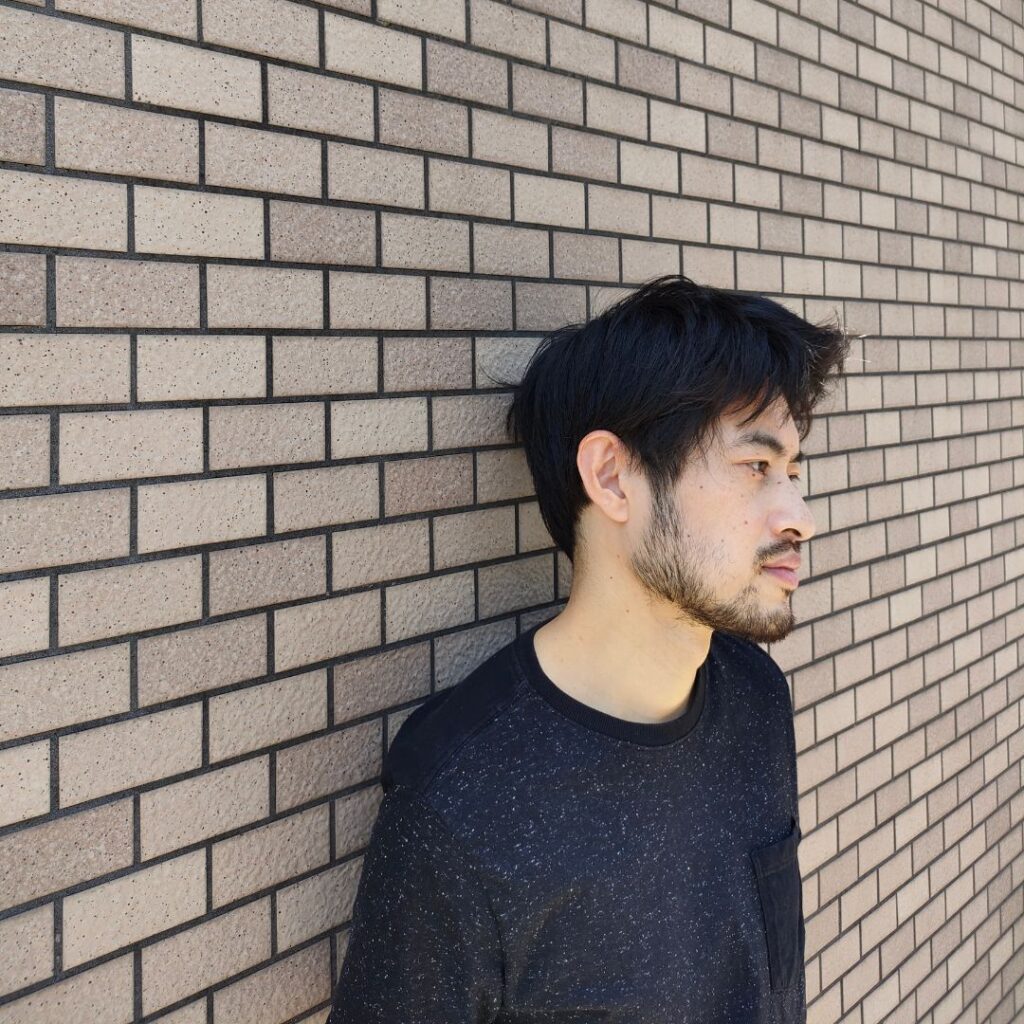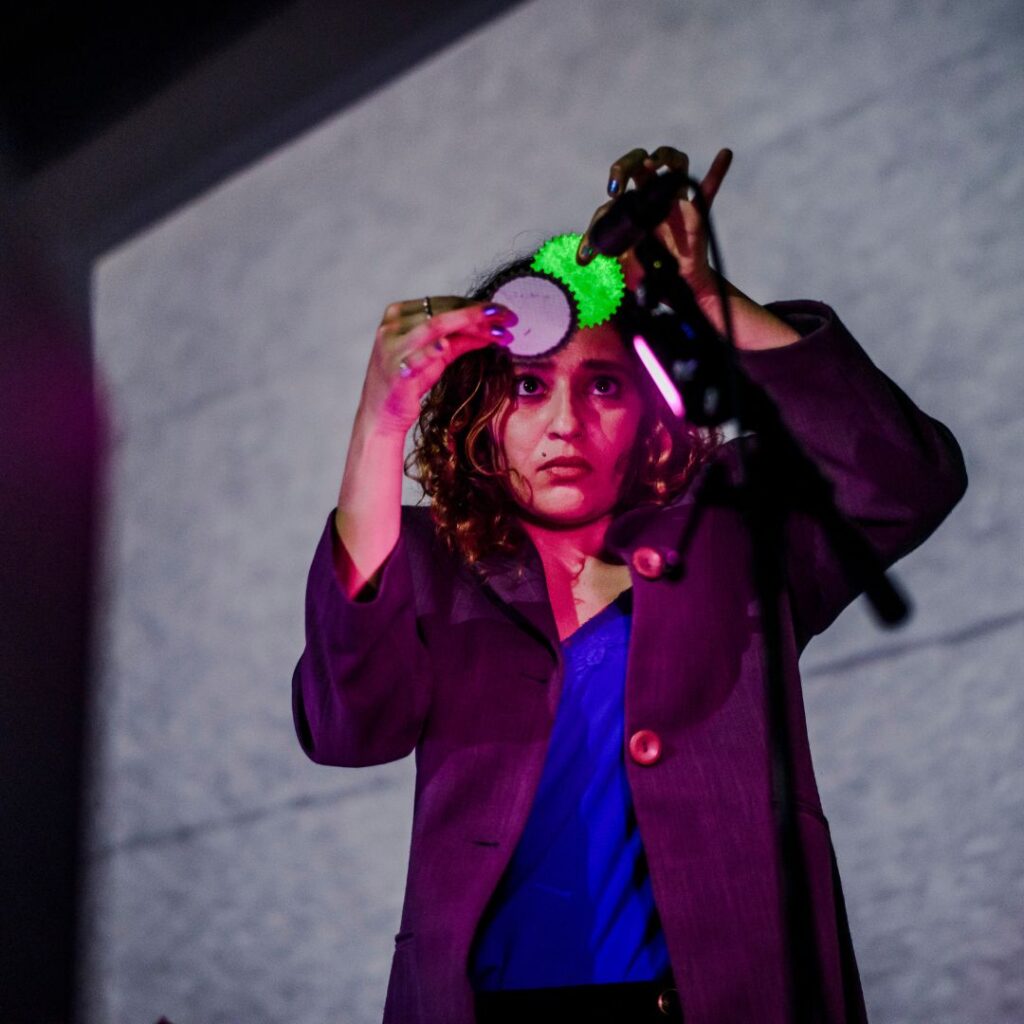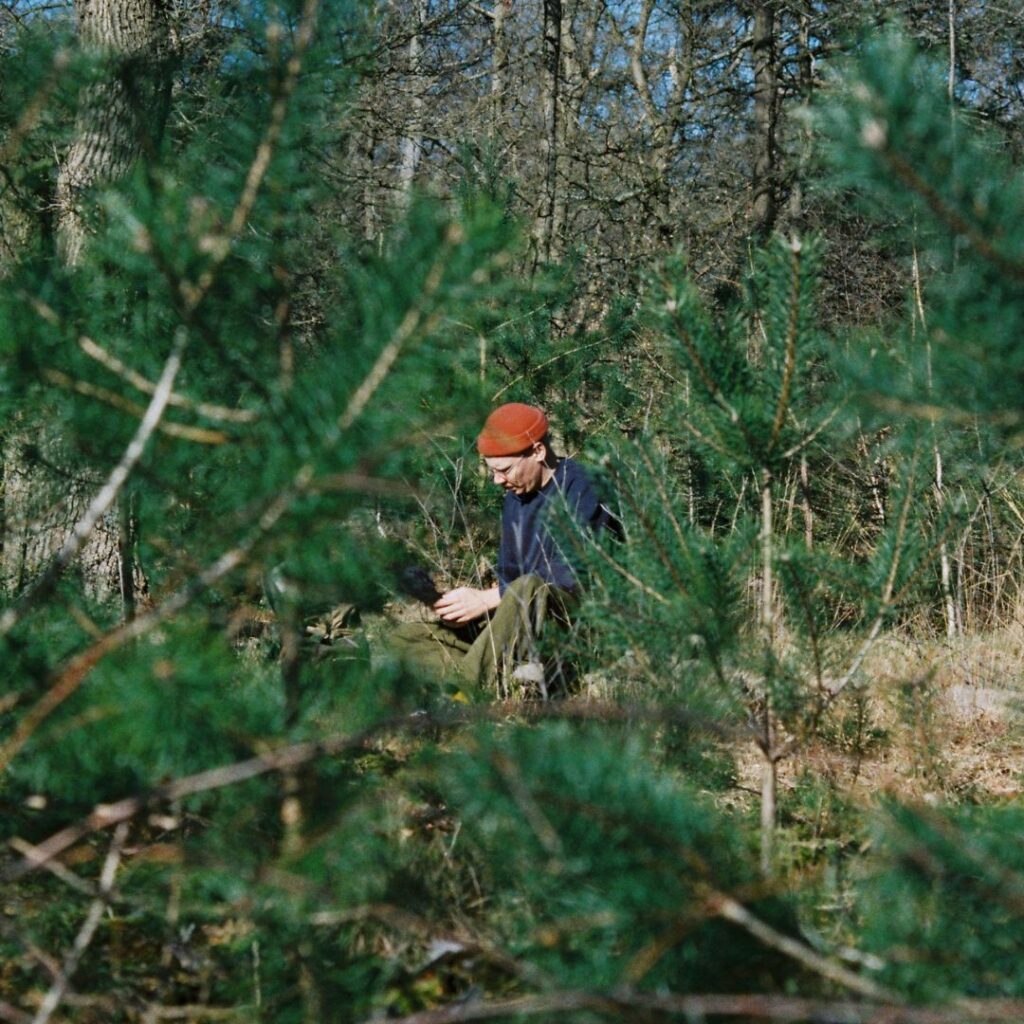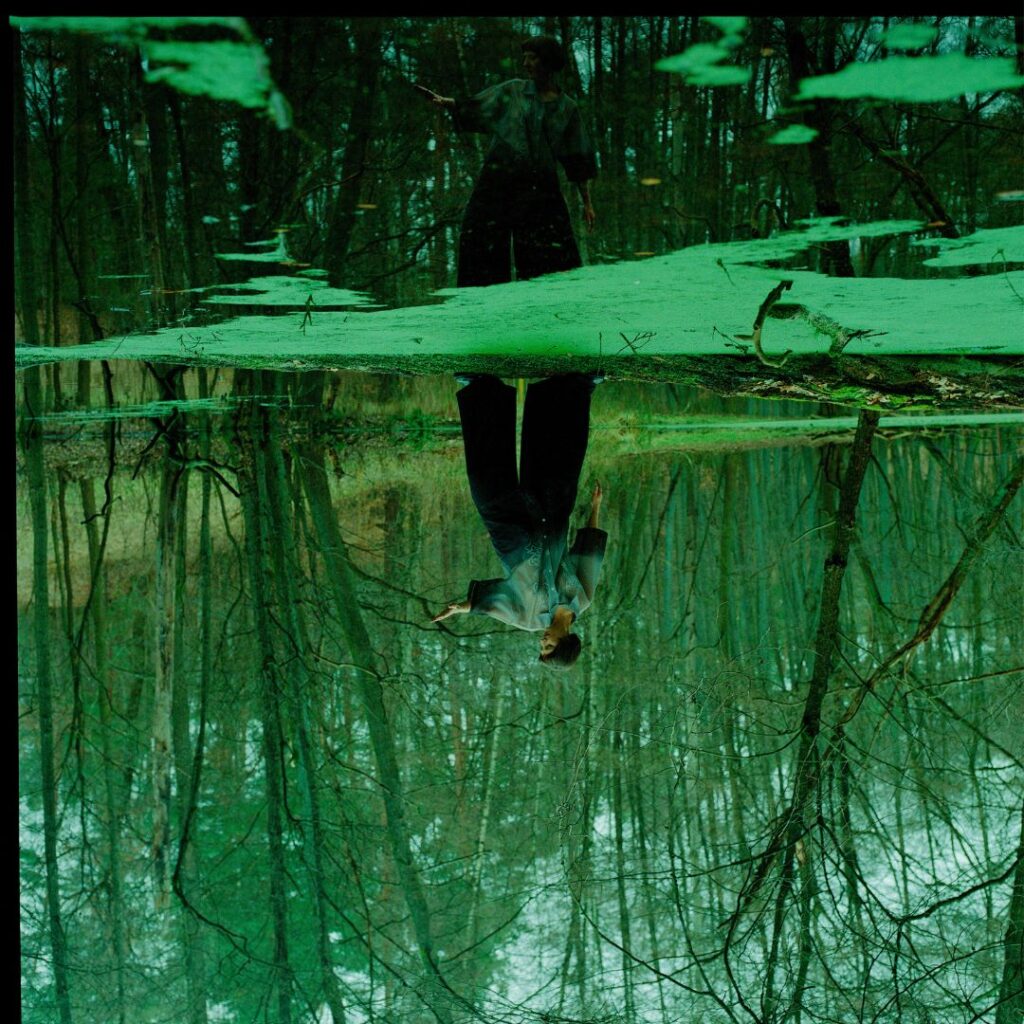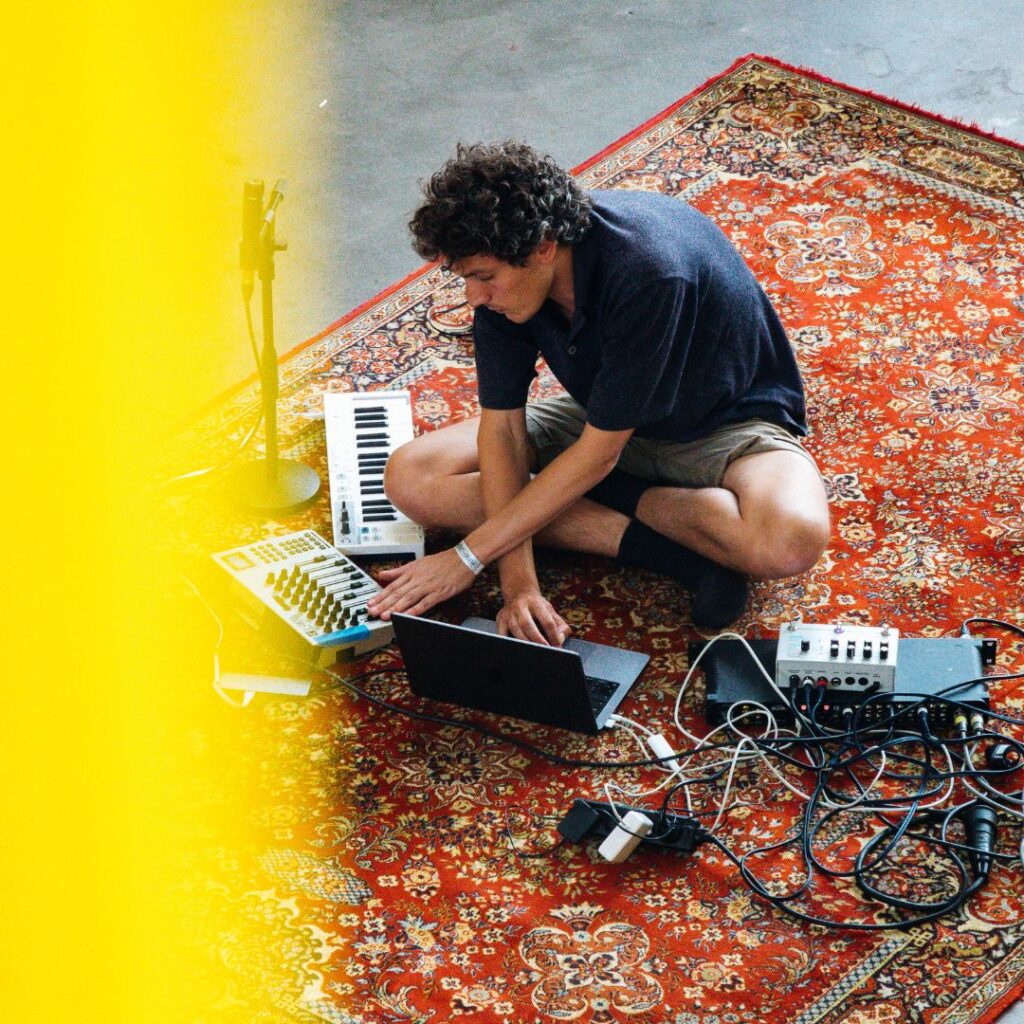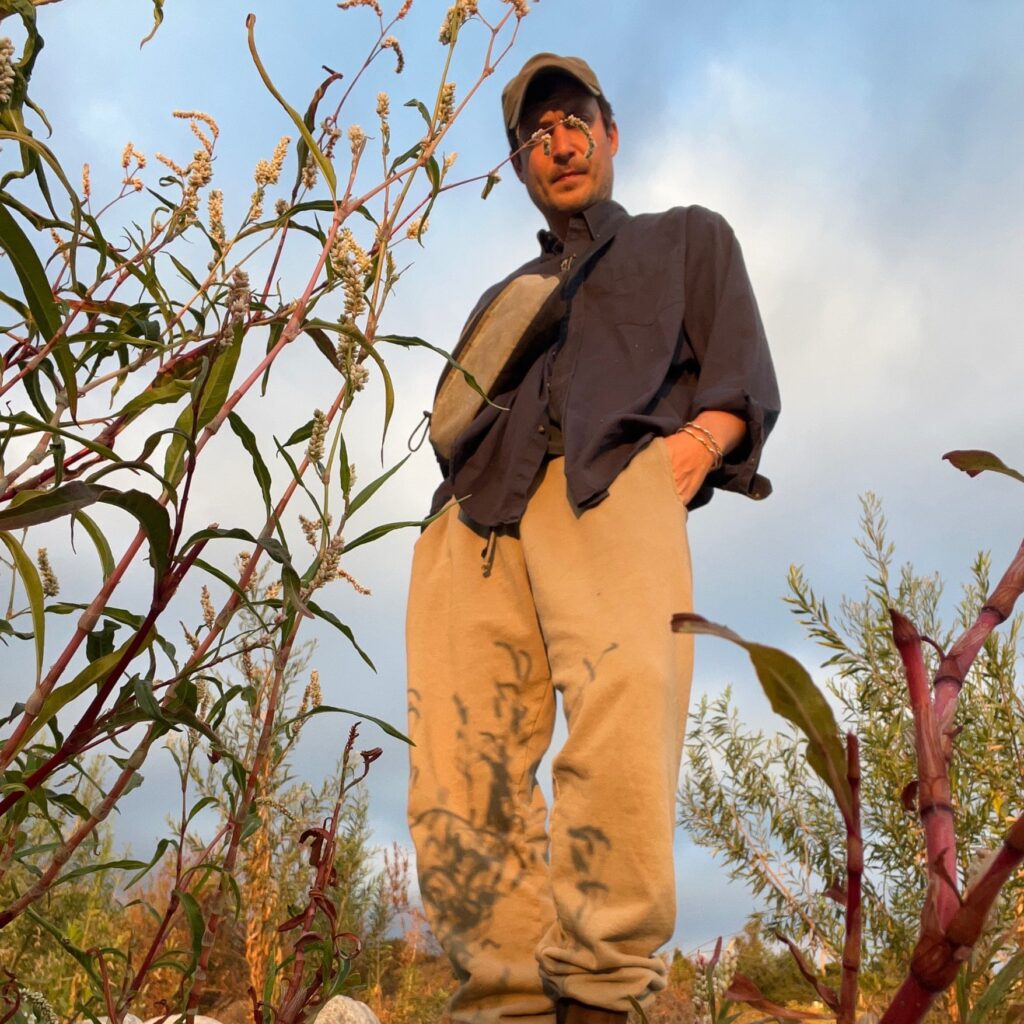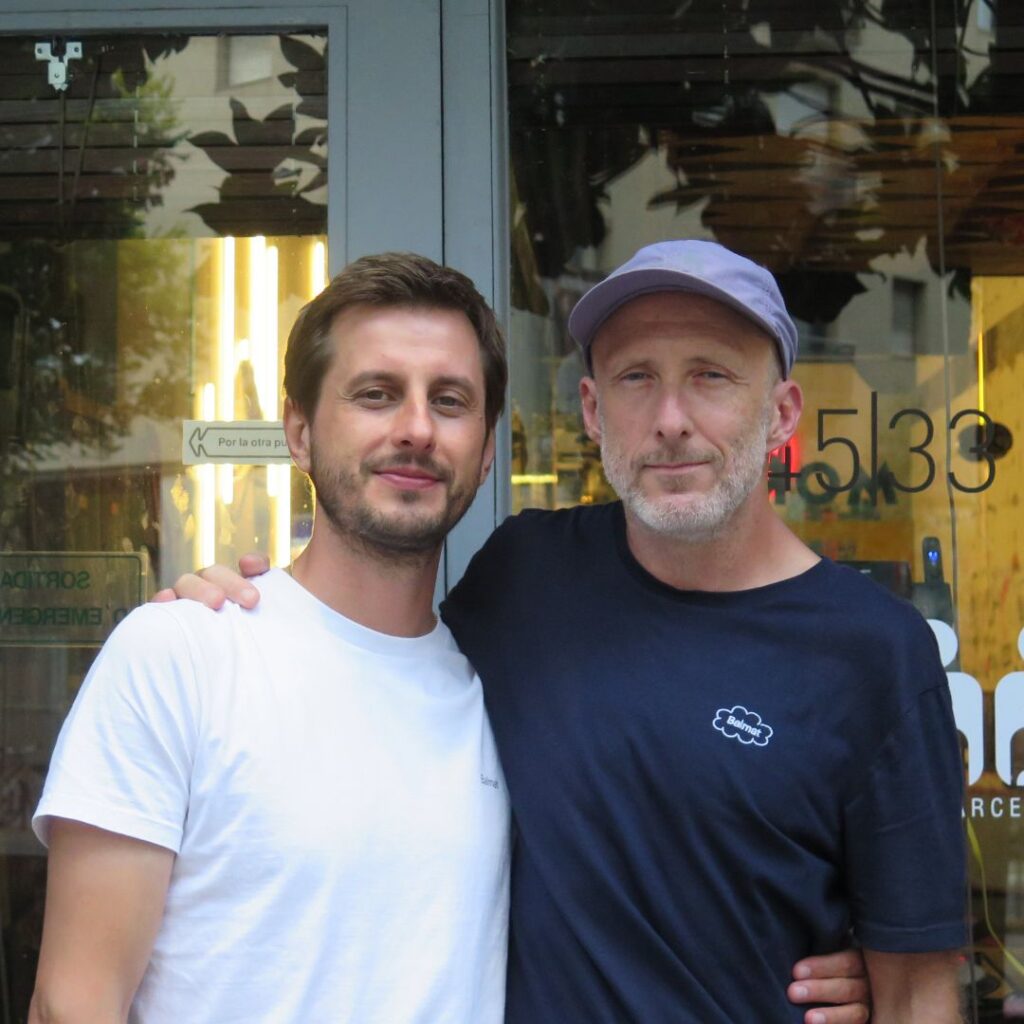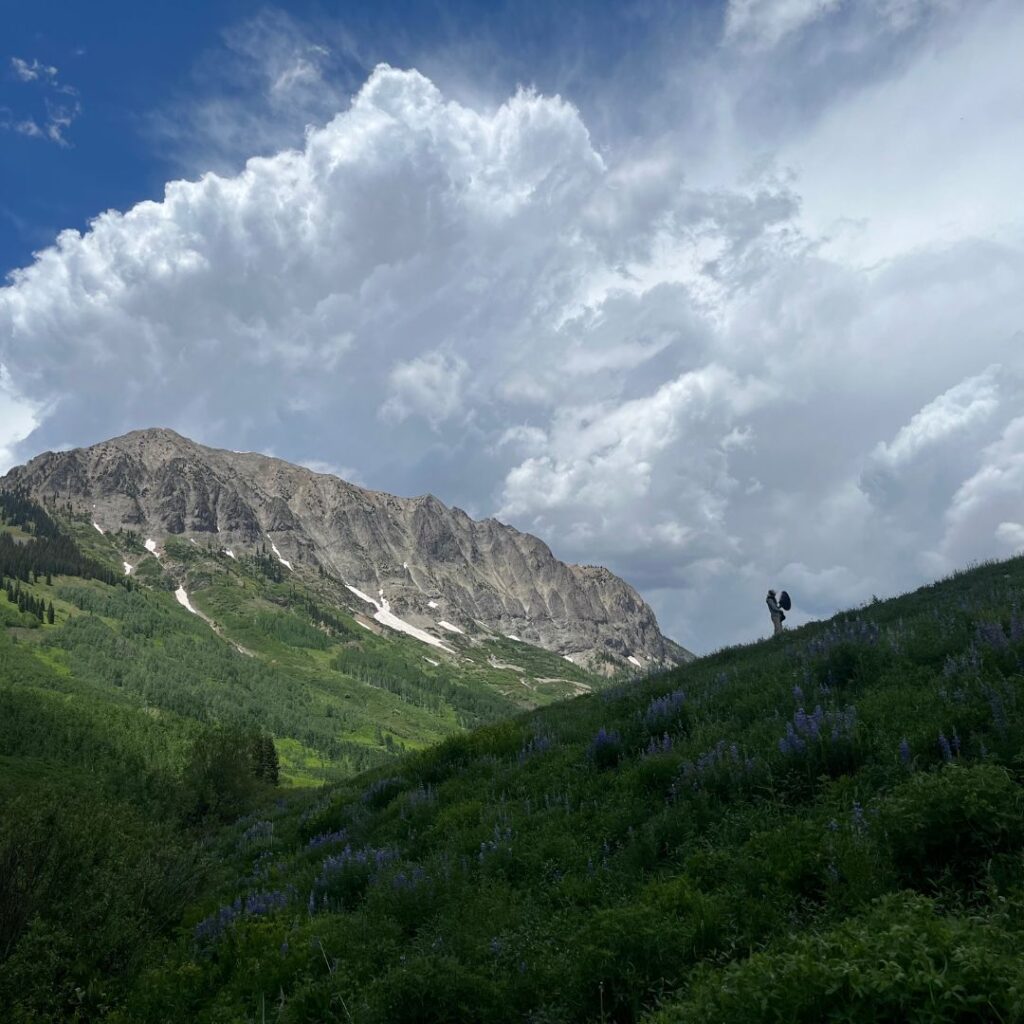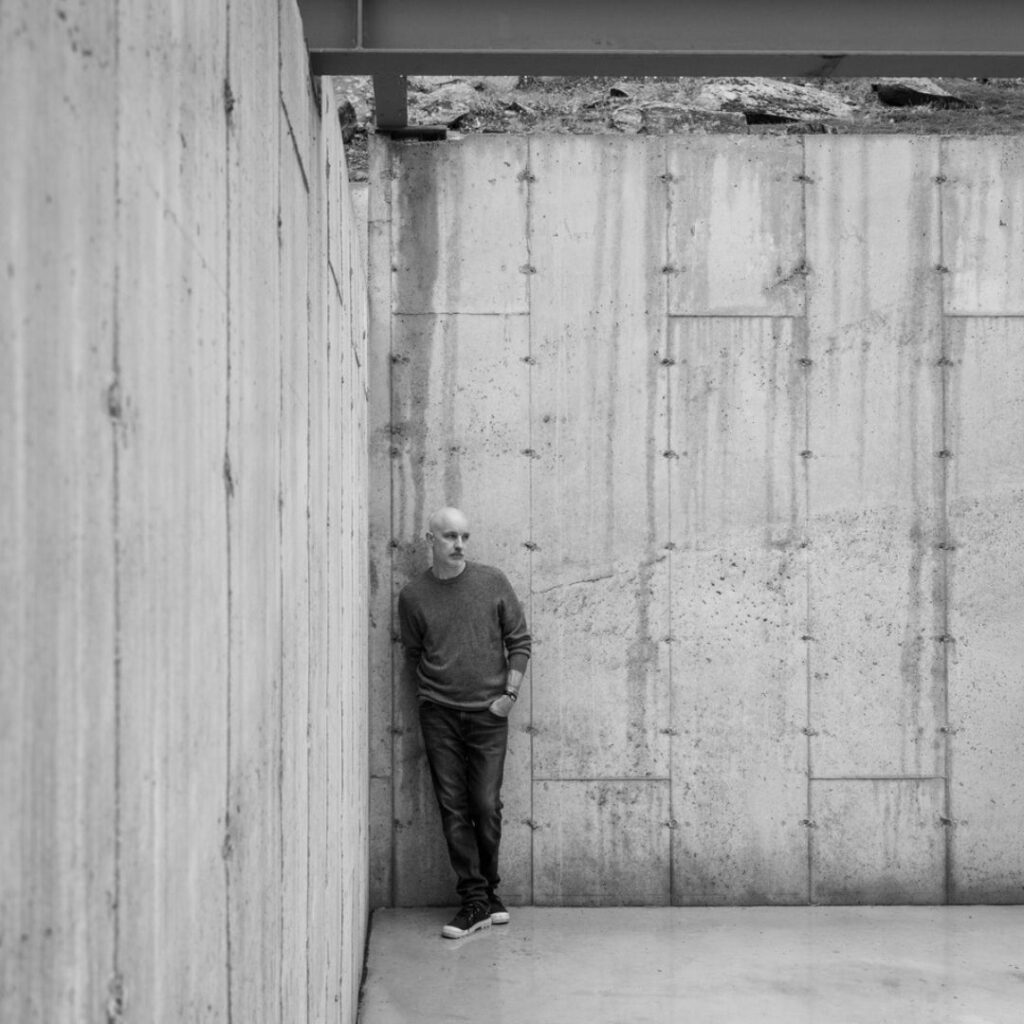Looking for the music in everyday sounds with Laila Sakini
A moment before heading to Belgium, Laila Sakini finds the time for us to meet. She reflects on her musical practice and invites us to her dreamy sonic world, which is filled with fragments of her voice, field recordings, and instruments in every shape and form. She is not one to stand still, an observation that comes from listening to all her different musical projects.
Talking about fingerprints, dogs rolling in the dirt, the sound of her door, and the confirming feeling of recording in her bedroom, our conversation feels like an ode to everyday sounds. It is an invitation to absorb the musical capacity of our surroundings, as they can surprise us in many unexpected ways.
How did your musical practice take form? Were you surrounded with music or with sound as a child?
I was playing instruments from a young age. My parents bought me a keyboard when I was about three. And what followed were piano lessons when I was six, just as soon as I could. I followed those lessons until I was in high school.
As a teenager, I remember experiencing music itself more as a subcultural kind of thing, as opposed to this really private thing that piano was for me. I went through a lot of phases of listening to different types of music, and they didn’t really have any sort of direct correlation. They were quite distinct, separate things operating in separate ways. Gradually over the years, I started to learn how to play songs that I was listening to on the piano. Of course, you can’t play all the elements of a song on a piano, but you can try. And that’s what I did.
It took a long time and a lot of different detours between being a DJ and organizing parties to becoming a producer and sharing my debut record, Vivienne. I think that’s the point where the two different ways of sound operating in my life eventually melded together into something that makes sense. I think it actually took my whole life to get to that stage, where music could cohesively function as a whole, rather than as separate things that I compartmentalized mentally.
Music’s always been around in different configurations in my life, but I think, in the last few years, I may have made sense of it in a more unified way.
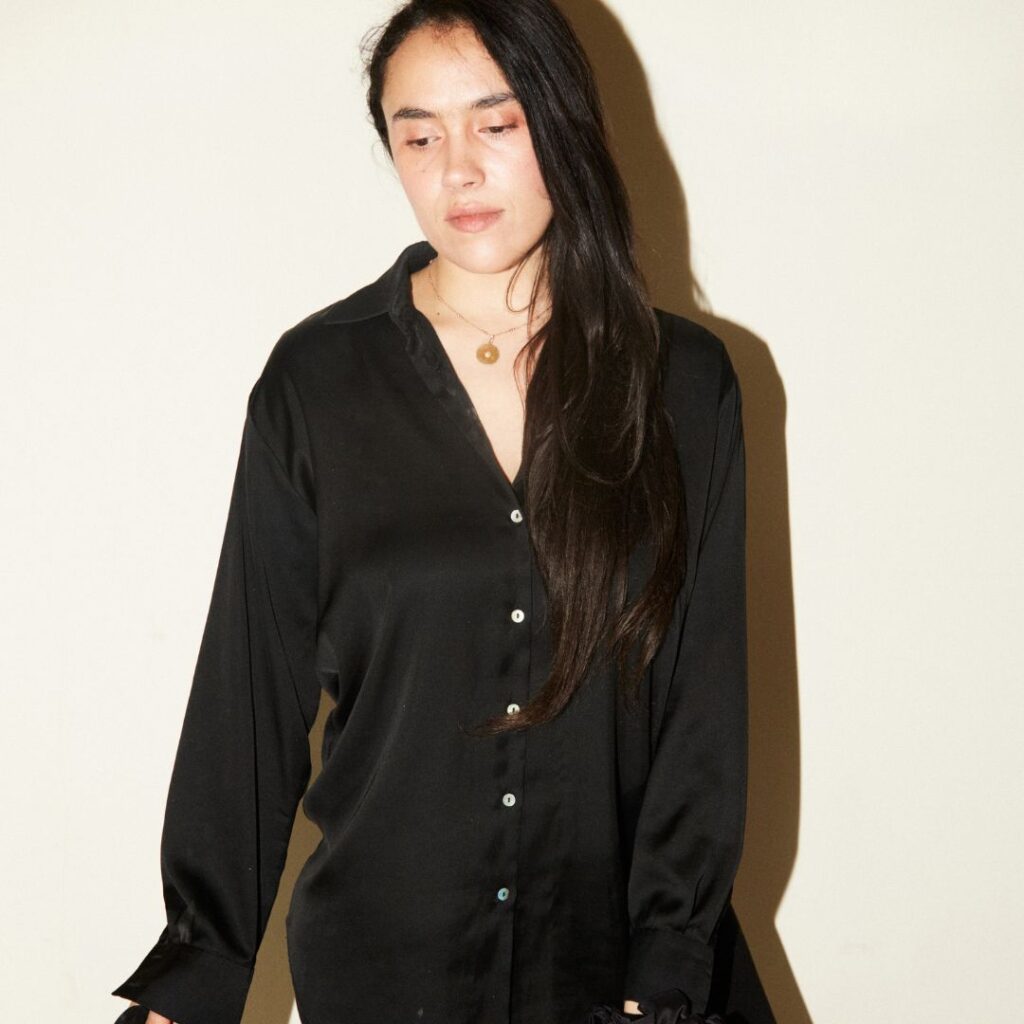
What really strikes me is how all your projects sound so different, but at the same time it is clearly you, as if you’re looking for other ways of sound making and always questioning what you’ve already done before.
Well, yeah, something about your fingerprint, right? It is unique, and I mean this literally. Your fingerprint is what you get and you can’t really get away from it. What makes up you? It may not be completely evident at first glance, but you can’t escape who you are. So if you make something, your fingerprints will be on it somewhere if you’ve touched it.
I have several musical projects, but one of the most weird things I’ve done is, which is a collaboration with the spoken word artist Lucy Van. There’s also the EP I did for Boomkat called Strada, which is a lot more electronic, and I use a lot of cello and clarinet in it and I thought, “oh yeah, this is very different.” But everyone’s like, “it sounds just like you and you can’t really fool us.” I really thought I could fool them. I thought I was really doing something risqué. But no, I’m not that good of a shapeshifter, apparently.
Do you see your versatility as a musician as a compliment?
Do I think it’s a compliment? I don’t know, I guess so. Because versatility gives you some sort of commercial value, doesn’t it? Because it means something like “you’re versatile, you’re flexible.” I suppose if you’re thinking about it in that way, then yeah, I guess it’s a compliment.
In terms of being an artist, I think it’s nice. It reached a point where I haven’t had to literally explain everything in overt ways. The messages are getting through without me having to be really conscious of it, you know? And I think that’s pretty much the fundamental part about expressing an idea so that it’s understood, or at least, engaged. If I could do that without having to try really hard or try and ponder on it too much, then I think that’s effective. I think that’s a marker or a sign that it’s naturally coming through.
The commercial value of versatility is definitely a good point, but I don’t think that’s necessarily what is good about being versatile. As a musician, it comes naturally for you to keep looking for other ways in expressing yourself and I think that’s interesting. You don’t stand by one thing.
I always think of it like this. I really like dogs. But after washing a dog really well, it’s like “oh, this is great,” and the first thing the dog does is run off into the dirt and rub itself in. So when I’m making a record and it’s finished and it’s great, I send it off. Well, the next thing I want to do is react to my last bit of work, and I’m doing exactly the opposite. I really enjoy that rolling around in the dirt process. It’s good to feel confident with what I’m doing because I think that’s a big struggle some artists might go through: how to feel good about what you feel you need to do, to just be okay with as a person.

How does the Princess Diana of Wales project differ from your other records?
That was a fun idea that I had with a friend of mine who’s from Australia. We both are, but I haven’t lived there for a long time. My friend has a record label and he asked me a long time ago if I would write an album for him. We always had this idea that any music I was putting out with him would be this name, Princess Diana of Wales, as this alias we came up with. So when I finally got around to making it, which was around two and a half years ago, I had an idea that I wanted to approach it a bit differently, just to acknowledge that it was a different character or a different kind of project. And also because I had this idea of Australia in my head, as well.
Australia is very much about guitars, bands, and gigs. I wanted to make it an ode to that and combine it with some field recordings and stuff that was coming around London. I was thinking about sound artists and how they would work with these rudimentary objects to make really simple sounds and do field recordings. And I was like, “how am I going to make all of this stuff go together in one thing?” It took ages, but I think I did it. The surprise effect of the alias quickly vanished, but at least I made the effort to make it sound different. It sounds different, but it doesn’t feel that different thematically.
What other different sonic landscapes are you interested in?
For my newest record, I was inspired by a film from a Polish director Krzysztof Kieślowski called The Double Life of Veronique from 1991. His good friend Zbigniew Preisner made the score for that movie. It’s an ode to it, because I was very moved by this film and its musical function. The sound palette is also very interesting, which was an ensemble style combination of strings, a dramatic piano, and guitar. At times, a child’s band would attempt to play the same song, so there was also this certain focus of amateur versus professional happening throughout the film.
But how does inspiration function? I don’t know. It’s a motivator. It reminds you why music is good and why it’s worthwhile doing it or putting the time in it. It also gives you ideas for different groupings of instruments. I think at that point I started becoming more interested in visuals as well, like the whole package. Paloma addresses that shock of inspiration I had at that time and then I tend to go through. Not obsessions, more like pretty strong phases of getting interested in something.
It can come from anywhere. I’ve literally heard songs on a call waiting line and had been like, oh my god, oh, I’ve got to record that. I’ve got memories of songs I heard from websites. I don’t know what the track name was, but goddamn it, I’m going to keep looking. I’m not classical, but I’m not a punk band. So there’s this liminal place in between. And obviously there are a lot of the artists that dabble with those ideas. People I’m in the same orbit with and listen to. I’m inspired by a lot of the music that’s being made now. But a lot of the time, it does come from films or old music that I’ve discovered, or usually a patchwork of a few things.
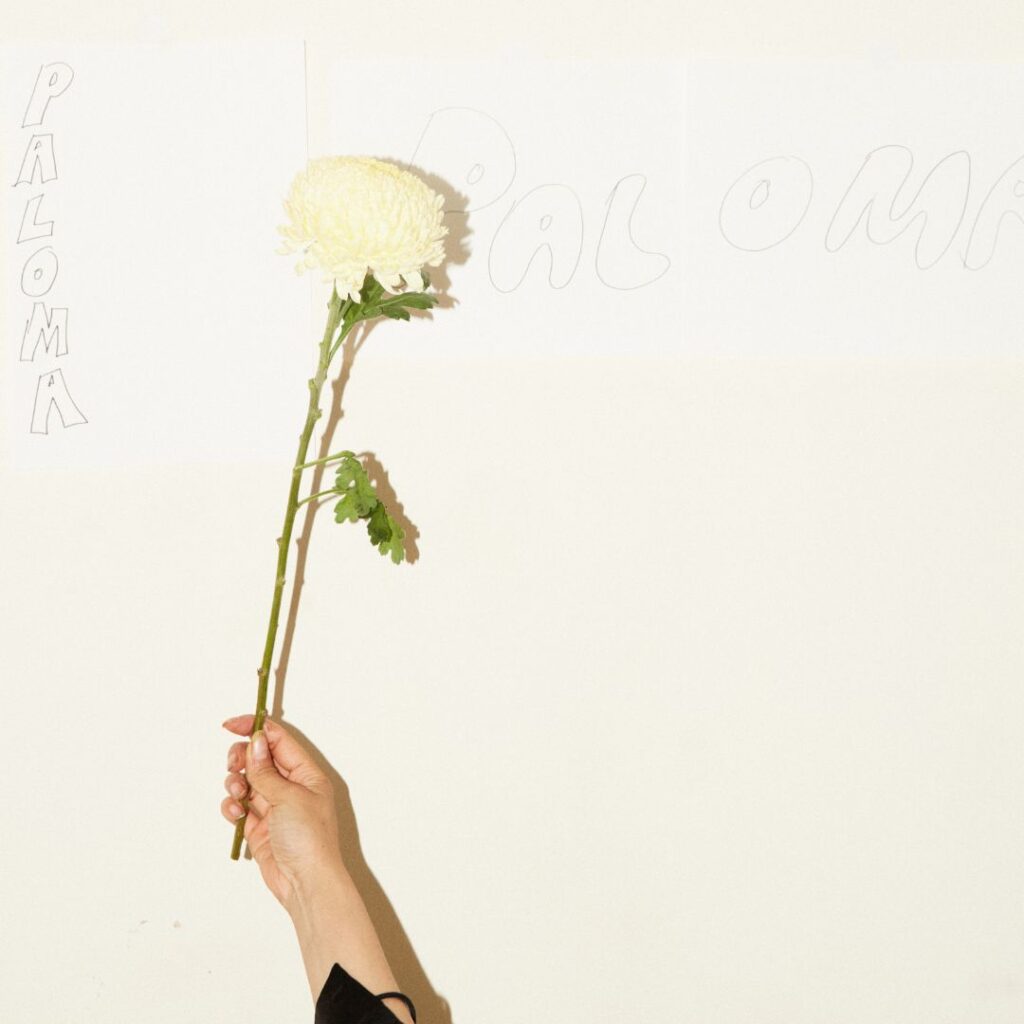
On the record Baby, we hear you humming a song and jiggling your keys. What is this recording about? Does this exemplify how you experience sound in everyday life?
That’s a field recording I did for Kashual Plastik from Berlin. They wanted field recordings and Baby was going to function as a test to get my ideas flowing. I thought I’m just going to record myself coming back from the supermarket. The song that I’m humming is the song that was playing at the supermarket. I wanted to capture what sounds I come across throughout my day. There are actually lots of amazing sounds: me dropping the groceries, me picking them up, running my fingers along a fence. I went in and out of a phone booth, so you could hear my voice in different settings. It felt like an honest take on the brief sounds being recorded. It was short in length but it had a nice narrative to it. That is what sound or field recordings are in their purest form. You just go and see. You can’t ever know what you’re going to get and edit it later. At home, I felt that it started to become a piece of music rather than a recording. I was inspired by the notion of the everyday, which is not music. Well, it is, but it’s not really a music thing.
Is it more sound in general?
Yes! In the last few years, whilst I’ve been playing live and living in London, I’ve been more interested in sound as a source of inspiration. What does my door sound like? What would this thing sound like when I drop it? What would it sound like when I drag that chair? How can I use that as moving away from traditional instrumentation? I’m really interested in what objects generate sound and, you know, sort of having to work with those off script. Like, just go. I think that’s super interesting.
What sonic world would you like to discover more deeply?
Once you start indulging in that idea, you realize that you don’t need all these gear and programs. Your whole house is already like a band. It’s full of instruments. Everyone’s house is glass, wood, metal, all these things. So many sounds! Just record those and build instruments with them. It kind of makes its own sound and it feels much more accessible and democratized.
There’s commonly insecurity around programs, instruments, and electronics. They come with loaded notions of entitlement and expertise. Whereas your kitchen door, that’s yours! You don’t make it more inviting. These things come just very much as they are. And you know inherently that you don’t need permission to use them. You own them and you know that it would be fine. And so I think it can be more relaxed and therefore a more free flowing practice.
I could go on about it for ages, but I think that those ideas that come from sound art can be super encouraging and exciting. Anything that keeps the serotonin in the brain is good for musicians.
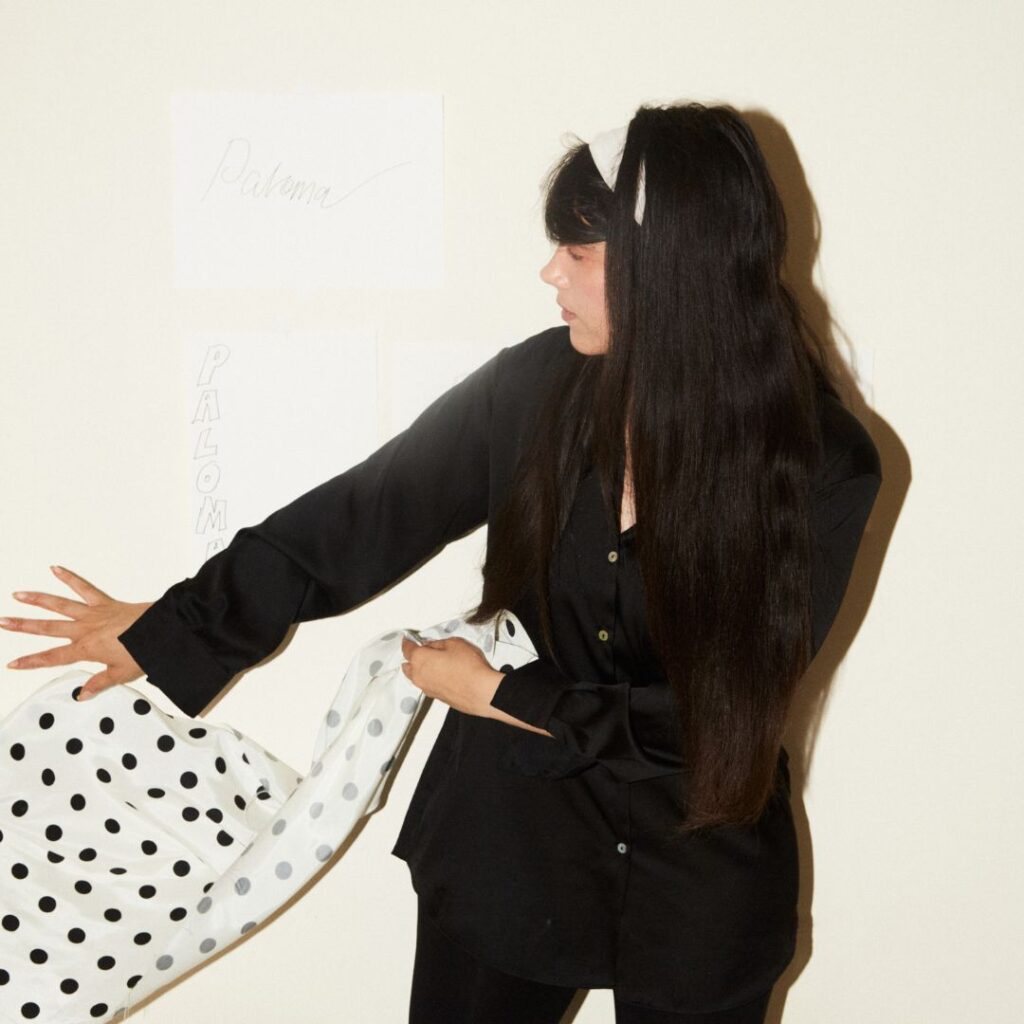
To end, where is your favorite place to record?
Always my bedroom. Ten out of ten every time. Just because of the mental state I’m in within that comfortable place. Some of the best times I’ve had have just been at my parents’ place. They live out in the forest, far away from the city of Melbourne. There’s a guest bedroom that once upon a time was my teenage bedroom and it looks all different now. I remember sitting in there and just locking myself in, only going out for meals and runs. I just would write music when I’d go and visit them and it was awesome. There were no special qualities to this room. It was just a really safe space. There’s no acoustic value in it really. And I guess those things have almost always become secondary in what I do and how I feel. These things are more important to me than sounding expensive.

